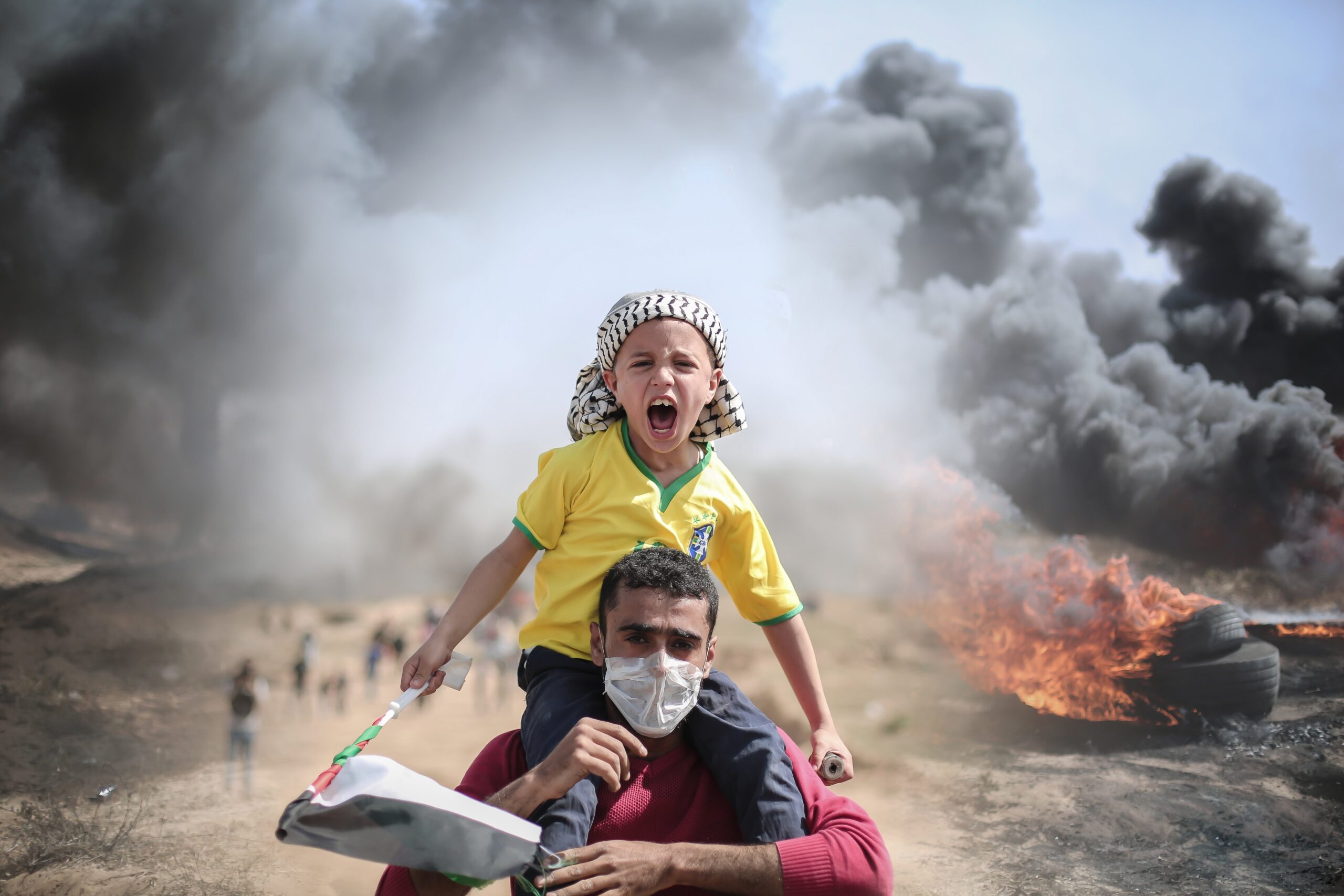Introduction: The Israel-Hamas conflict continues to dominate headlines, with both sides locked in a protracted and deadly struggle. The situation is further exacerbated by international concerns and escalating rhetoric targeting Jewish and Muslim communities, primarily in the United States. This article provides an overview of recent developments, international reactions, and the deteriorating situation in Gaza.
Toll Rises and Humanitarian Crisis
The Israel-Hamas war, which erupted on October 7th, has taken a devastating toll. As of the latest updates, the death toll has exceeded 2,808, with thousands more wounded as a result of Israeli attacks in Gaza. The World Health Organization has issued a dire warning, stating that Gaza has less than 24 hours of water, electricity, and fuel left before facing a catastrophic humanitarian crisis.
Escalation of Rhetoric in the United States
Amid this escalating conflict, the Federal Bureau of Investigation (FBI) has reported a concerning uptick in rhetoric targeting both Jewish and Muslim institutions within the United States. The rise in hate speech and threats adds another layer of complexity to an already volatile situation.
US President Joe Biden’s Stance
US President Joe Biden has declared his unwavering support for Israel but has also made efforts to engage with both Palestinian and Israeli leaders. In a call with these leaders, he warned against any Israeli move to occupy the Gaza Strip again, emphasizing that it would be a “big mistake.” Biden is considering a trip to Israel in the coming days, although no official travel plans have been confirmed.
International Reactions
International responses to the conflict have been mixed. Israel Defense Forces (IDF) have targeted Hezbollah’s “military infrastructure” in Lebanon as a retaliatory move following Sunday’s incidents. Lebanon has cautioned Israel about further attacks on Gaza, warning of severe consequences. In contrast, the United States and France have urged Hezbollah to stay out of the conflict. Israeli Defense Minister Gallant stated that Hamas is holding an estimated 150-200 hostages in the Gaza Strip, and the United Nations has called on Hamas to release them without any conditions.
Iran’s Stance
Iran, a vocal supporter of the Palestinian cause, emphasized its foreign policy priority of supporting the Palestinians. Iranian President Ebrahim Raisi noted that the “resistance” groups, like Hezbollah, make their own independent decisions. He expressed concerns that the conflict could expand to other fronts, echoing the regional complexities of the situation.
British Aid Increase
The United Kingdom, as part of its response to the humanitarian crisis in Gaza, has announced an increase of 10 million pounds in aid to the Palestinian people. British Prime Minister Rishi Sunak acknowledged the urgency of the situation and called on Israel to minimize civilian casualties. This step underlines the international community’s recognition of the dire circumstances faced by the Palestinians.
Conclusion
The Israel-Hamas conflict is characterized by its rapidly changing dynamics and the suffering it inflicts on both sides. International efforts to mediate and provide humanitarian aid are crucial to alleviating the immediate crisis. However, a lasting solution to this ongoing conflict remains elusive, underscoring the complex political and historical factors that continue to fuel the violence. The world watches closely as this critical situation unfolds, hoping for a swift resolution that brings peace to the region.


